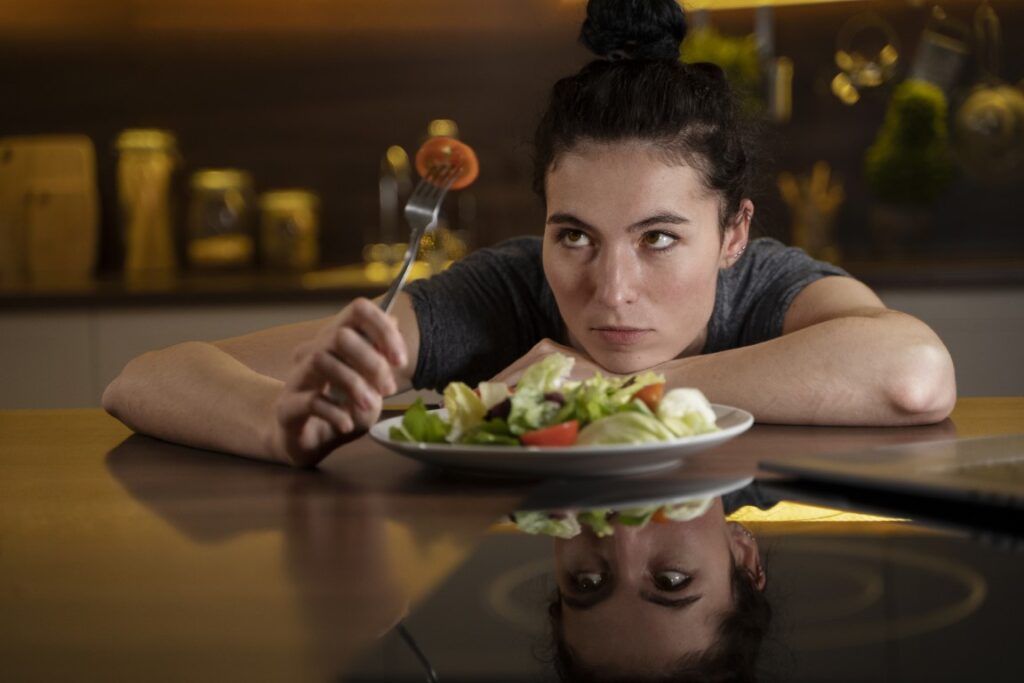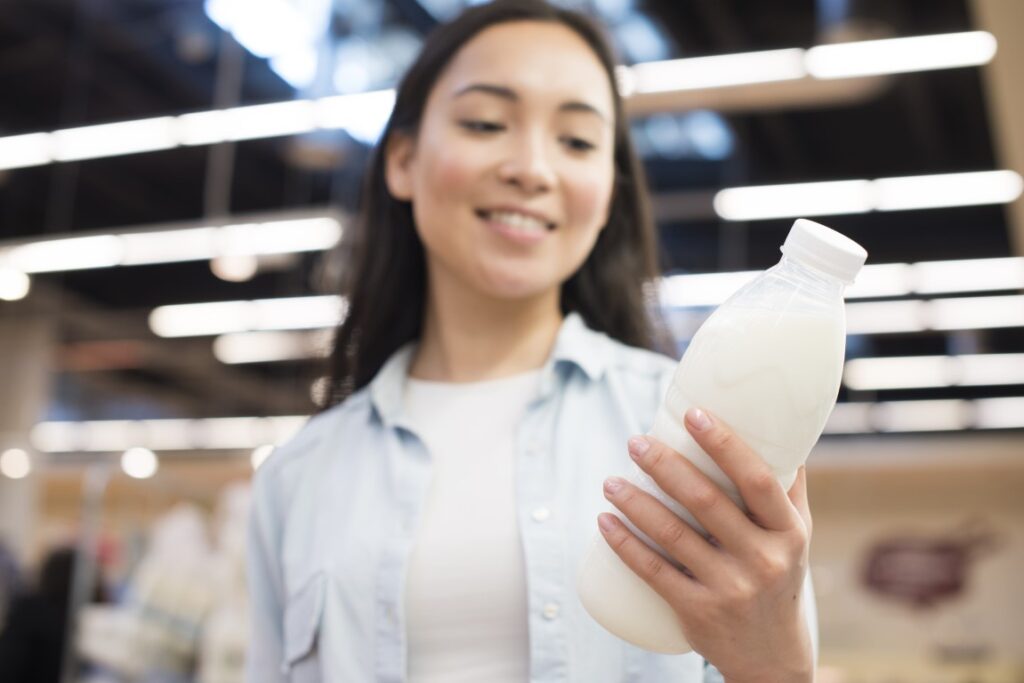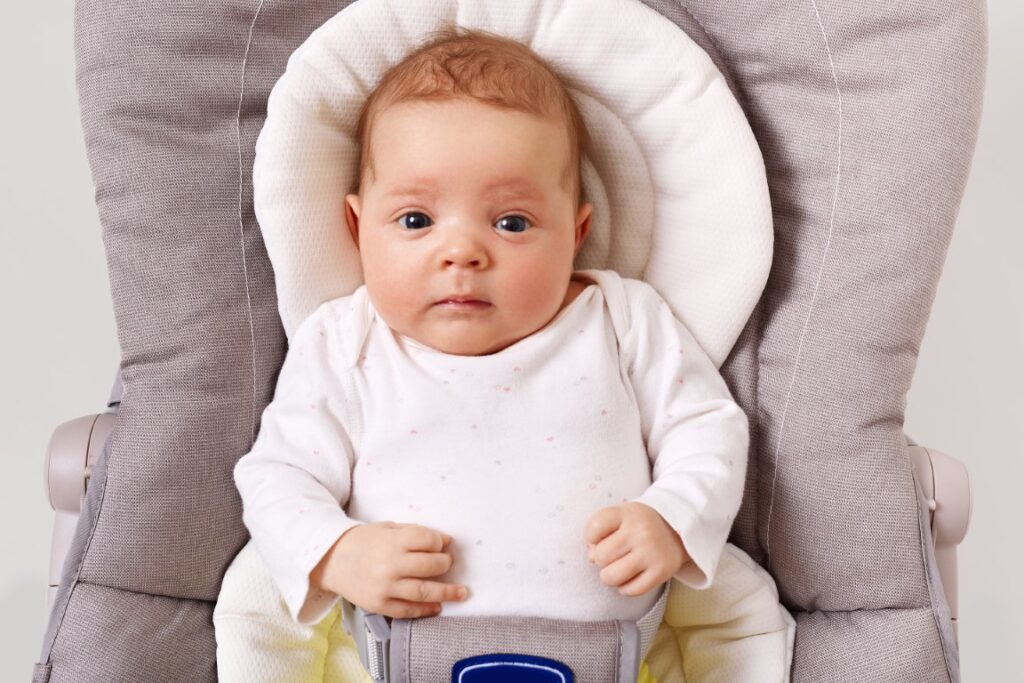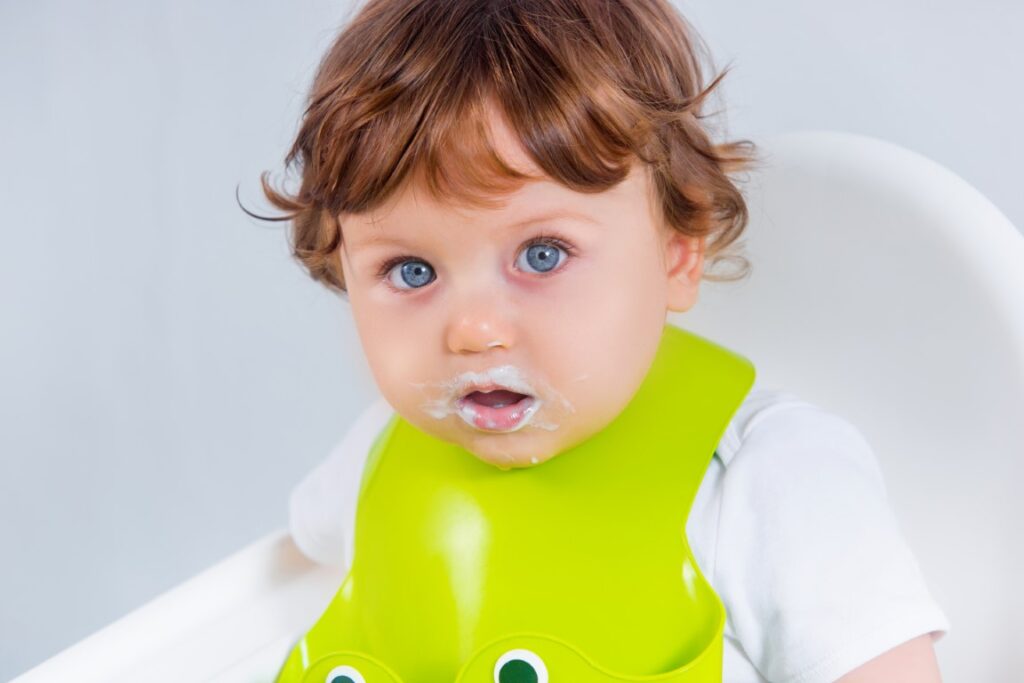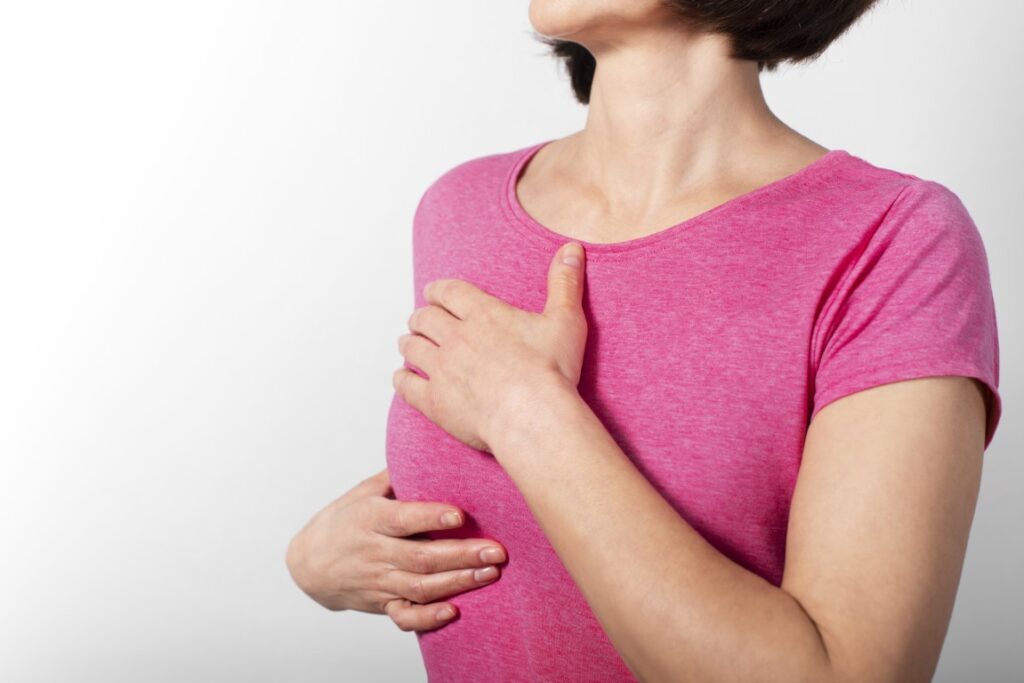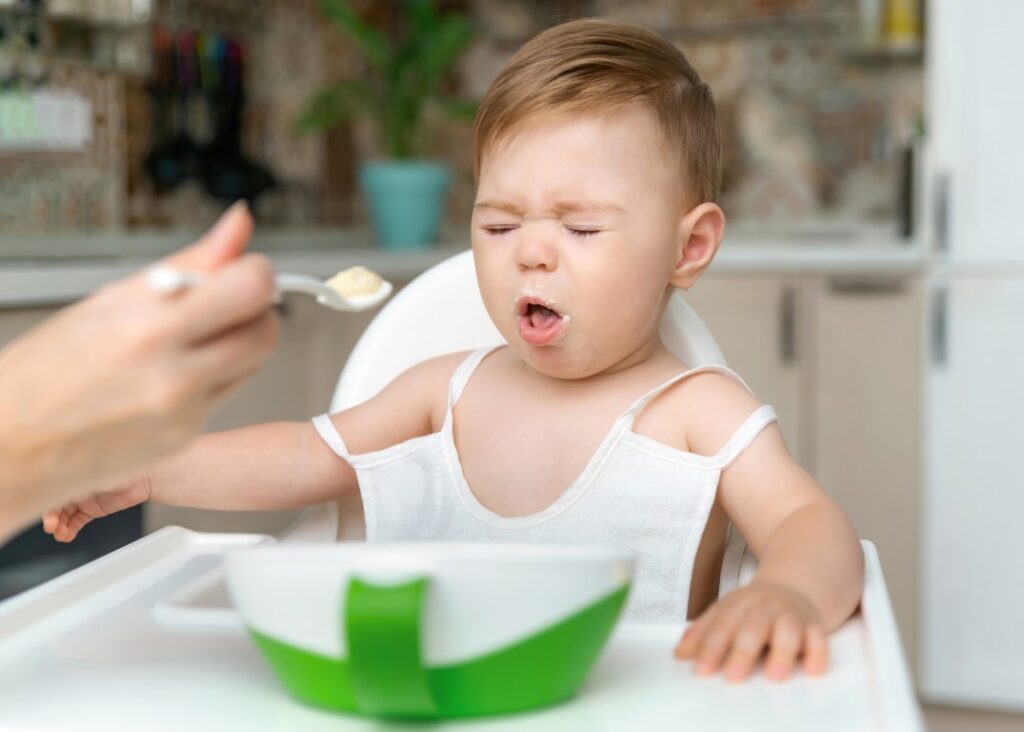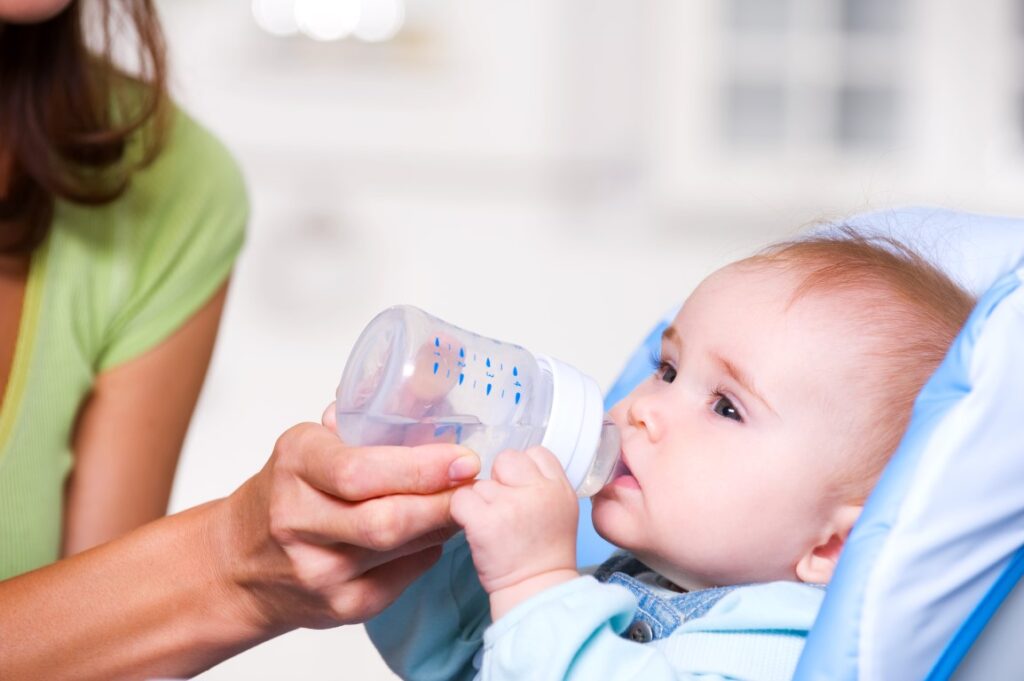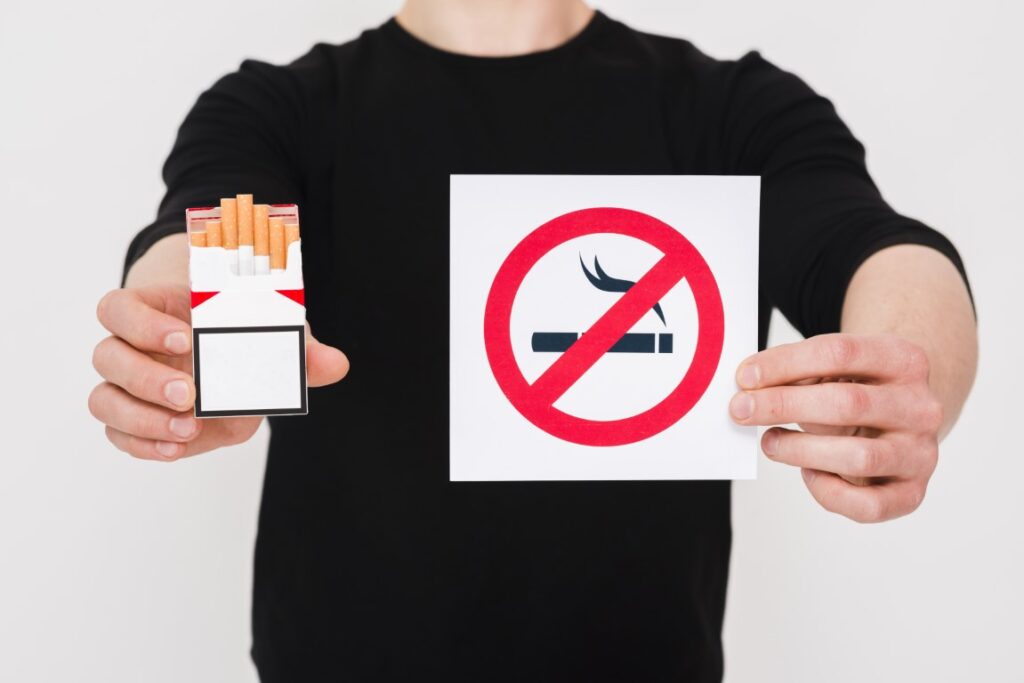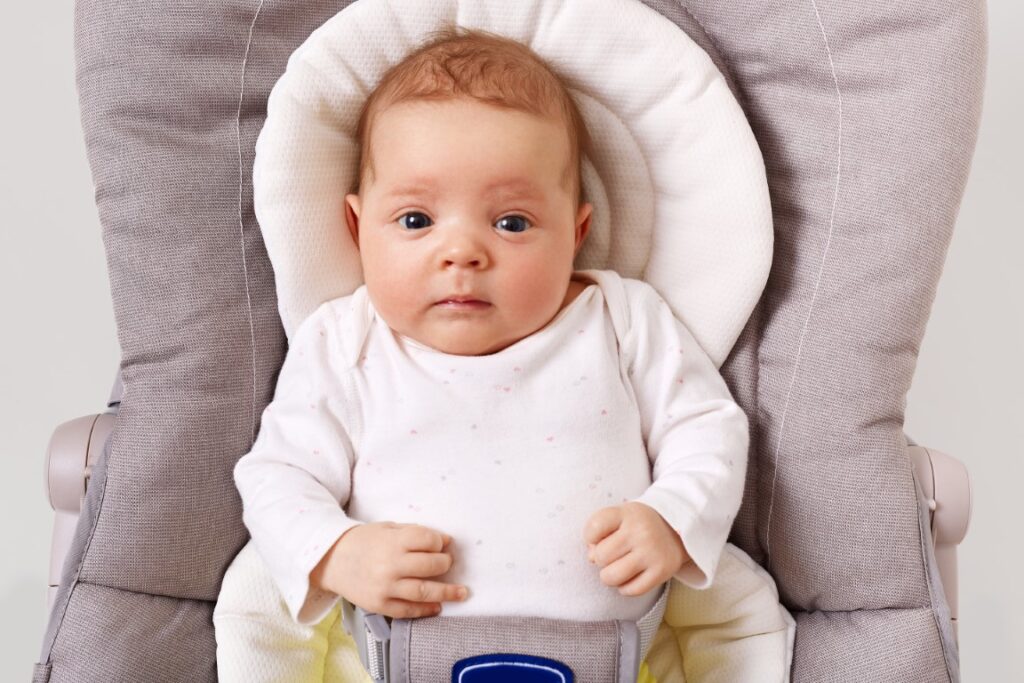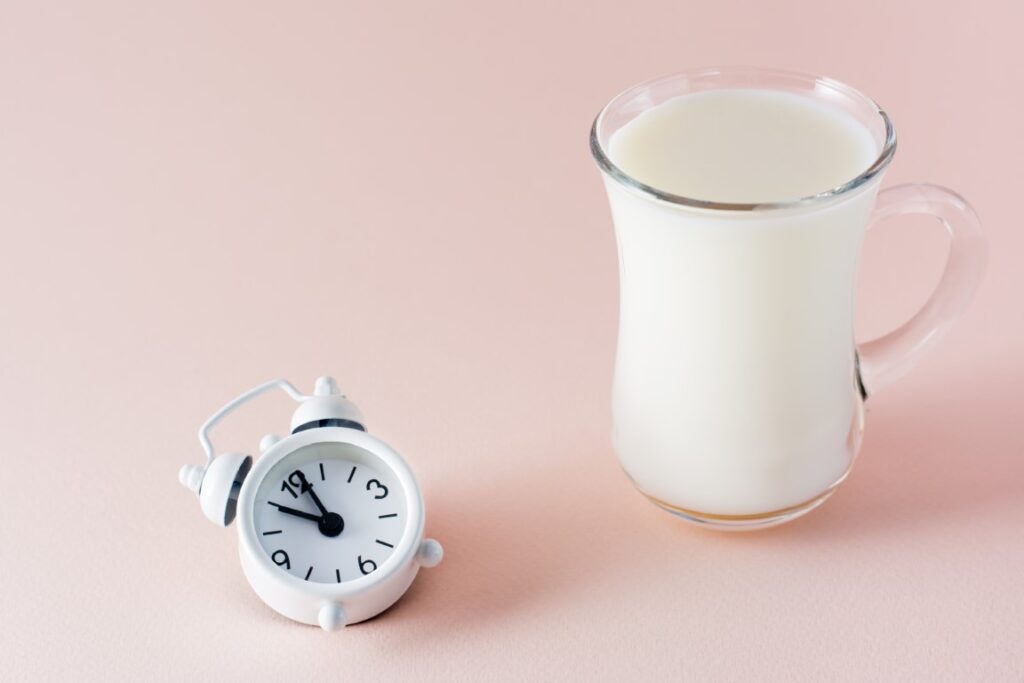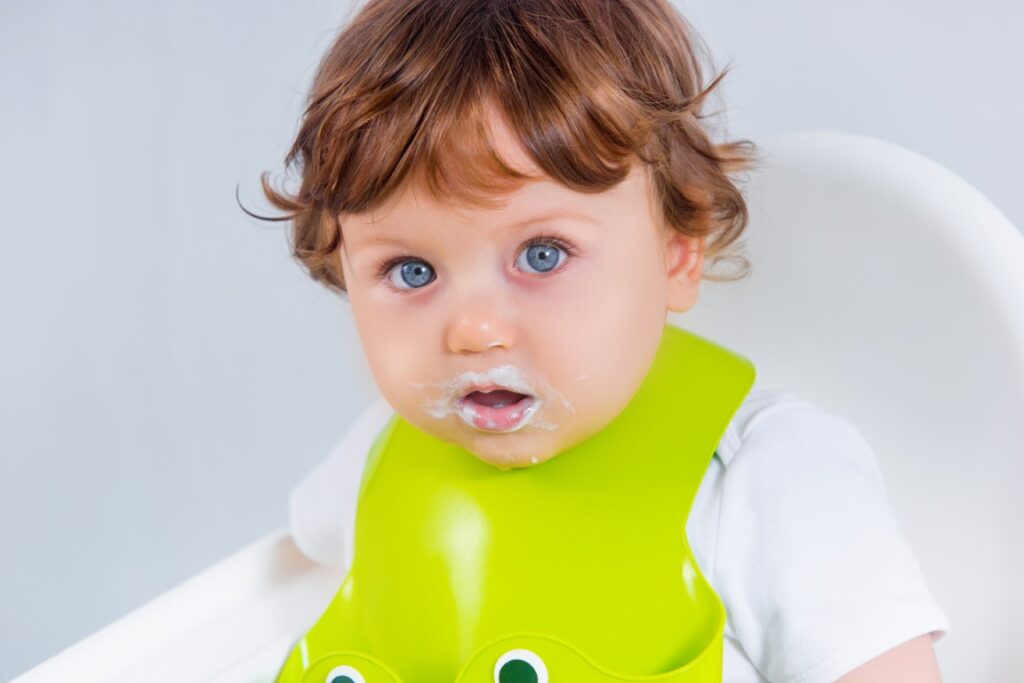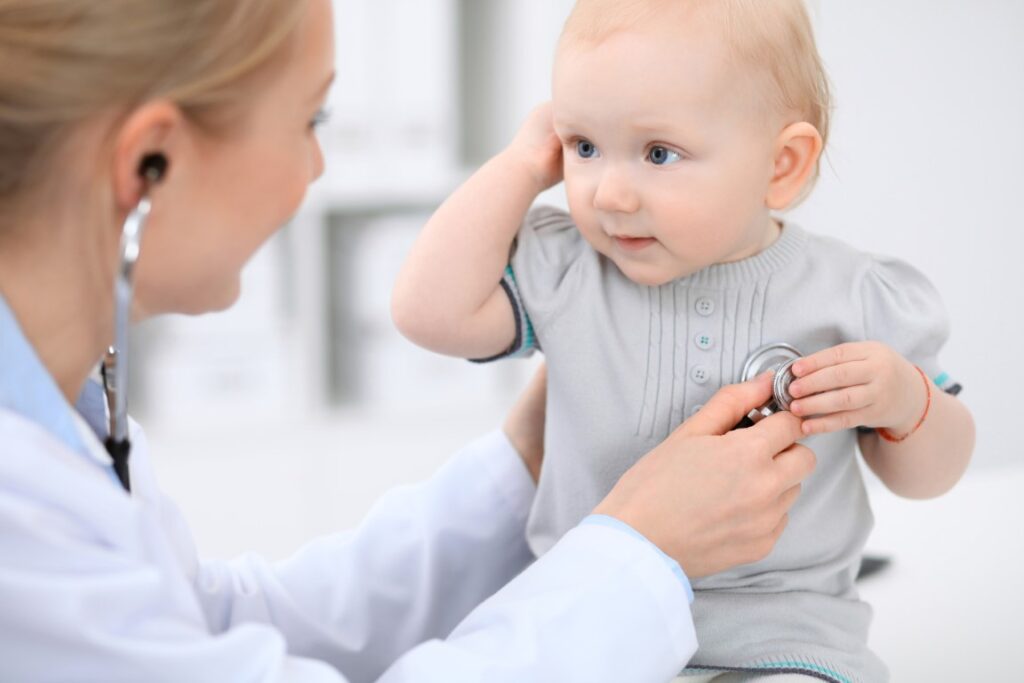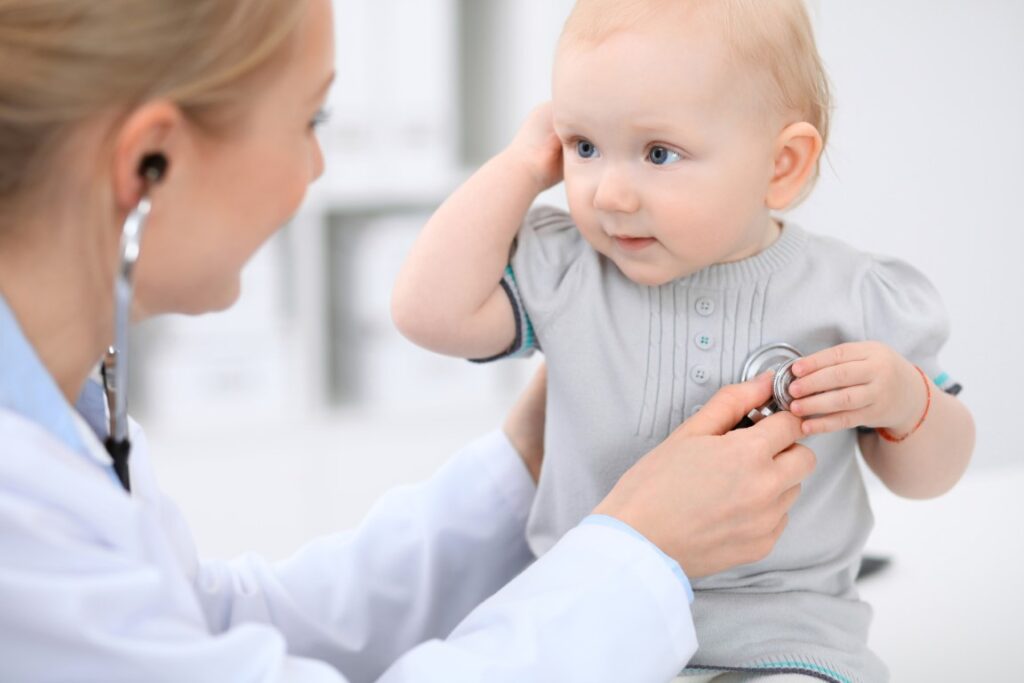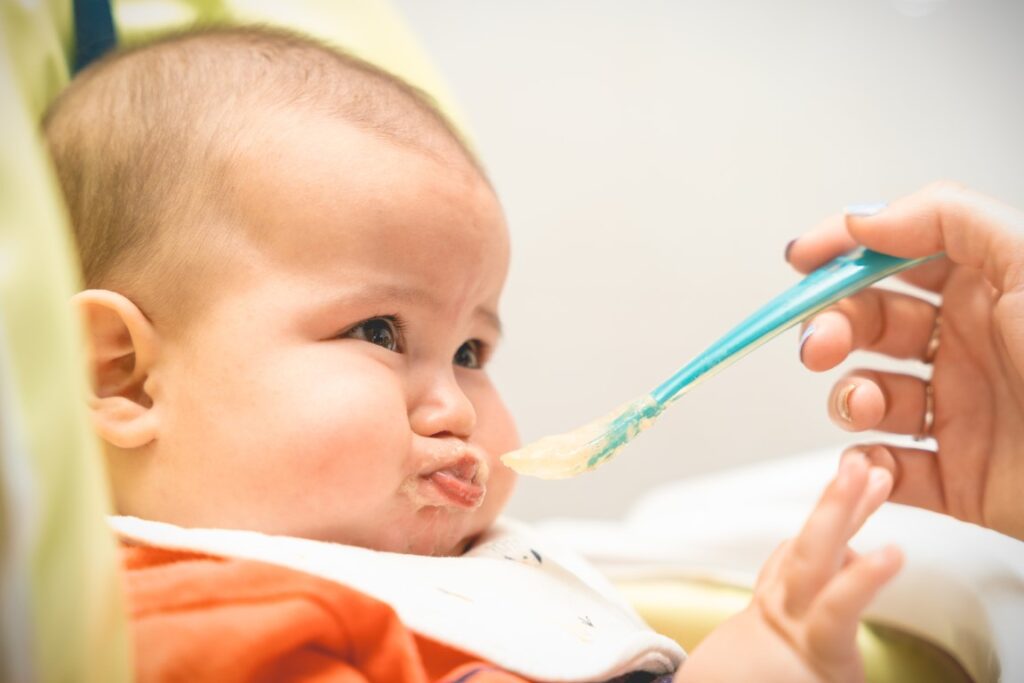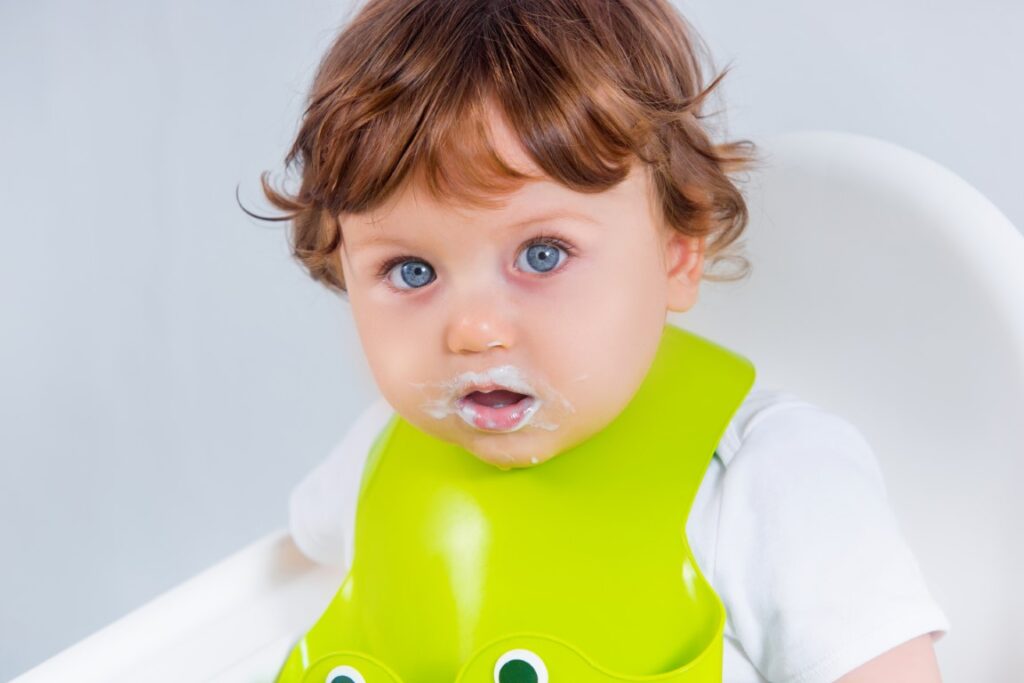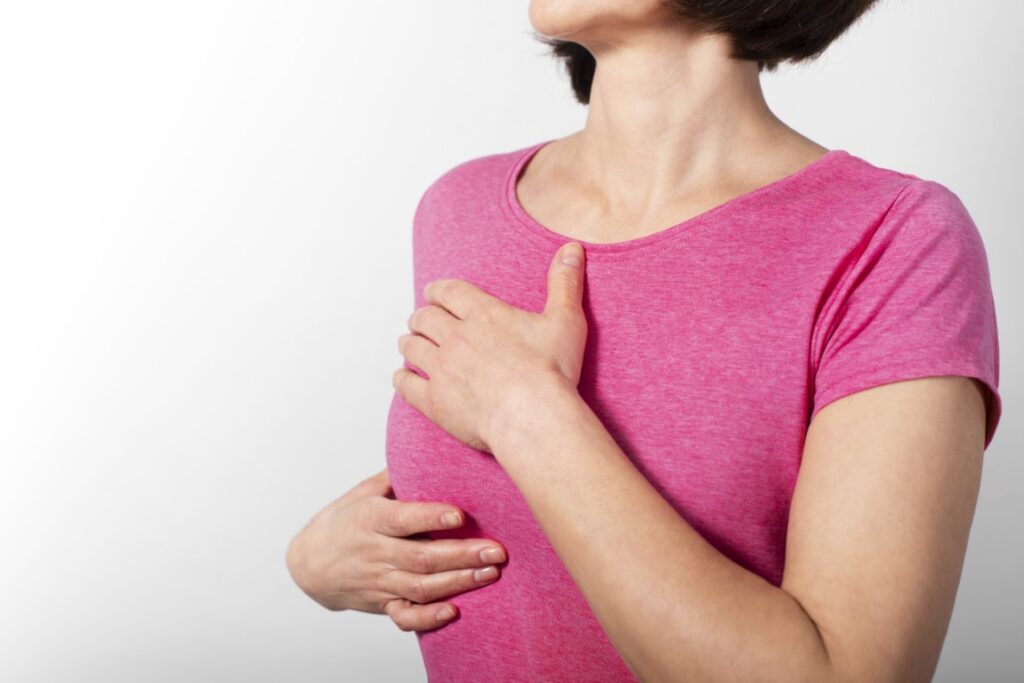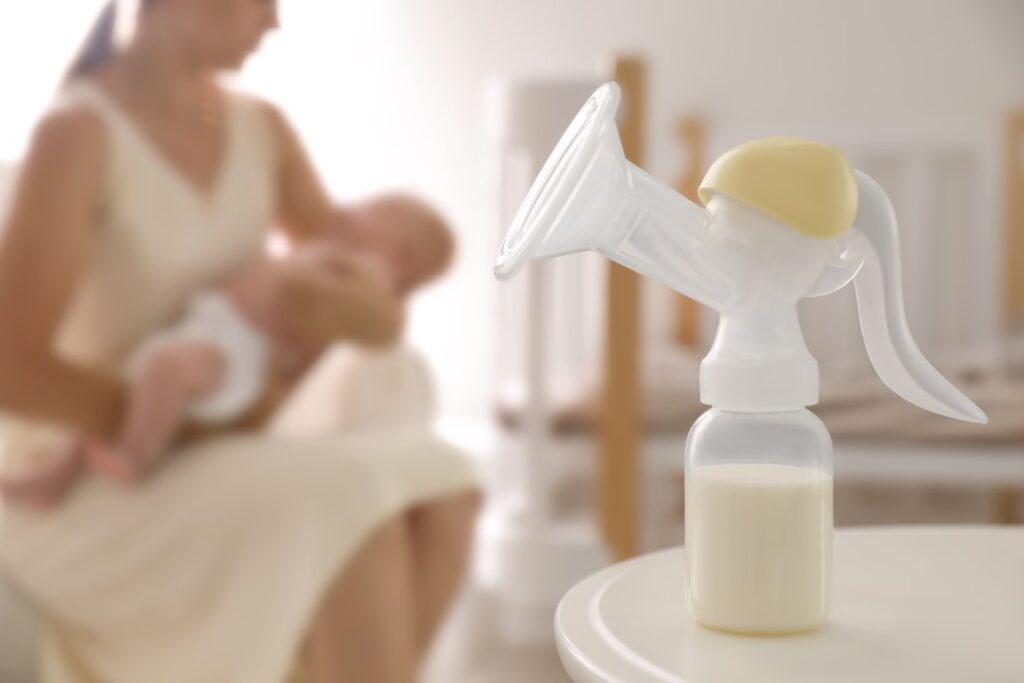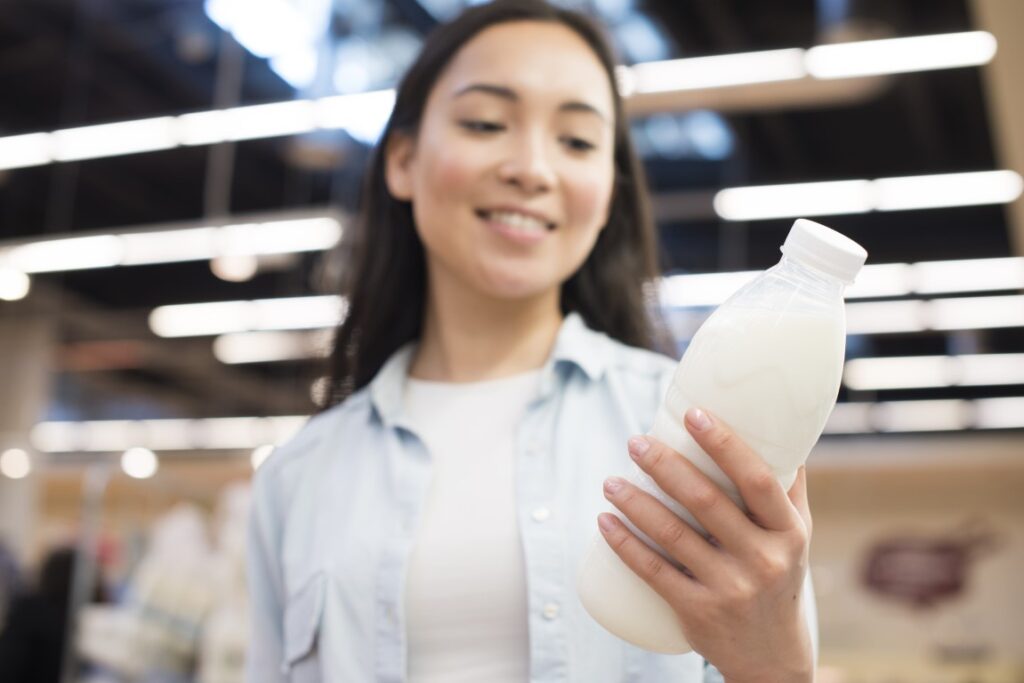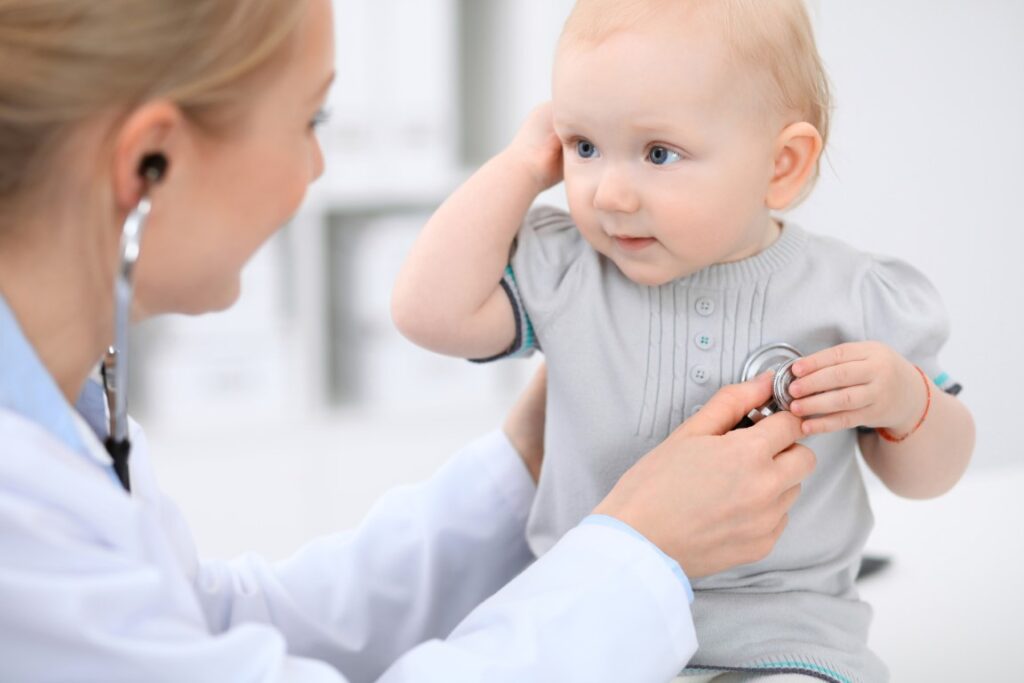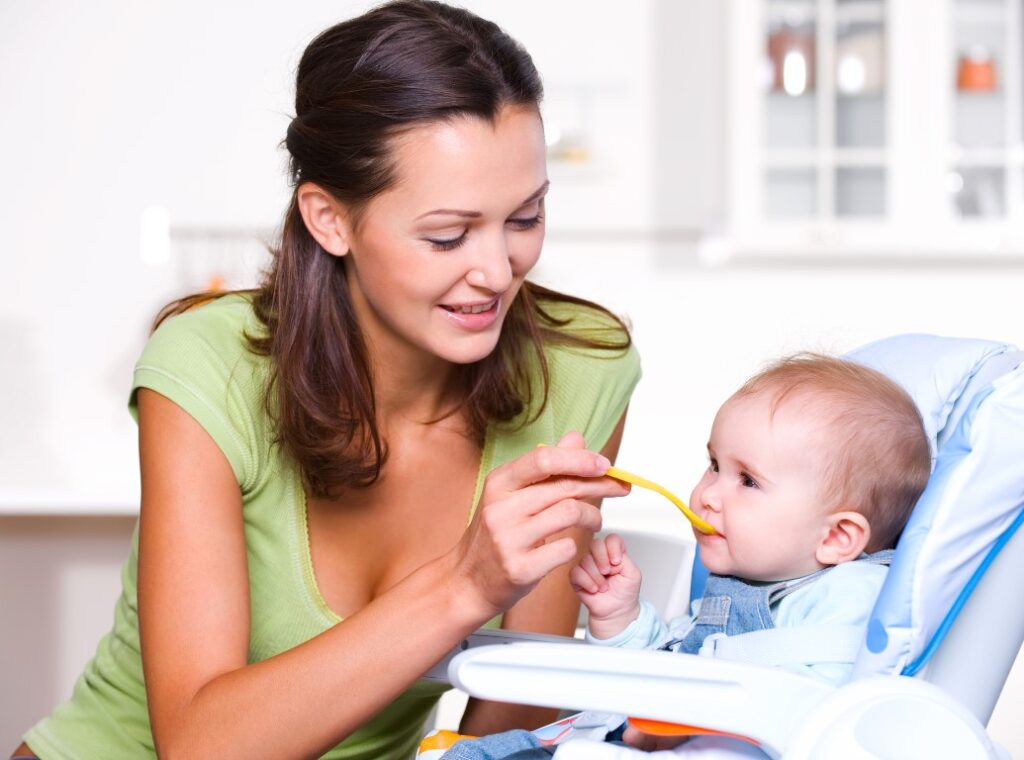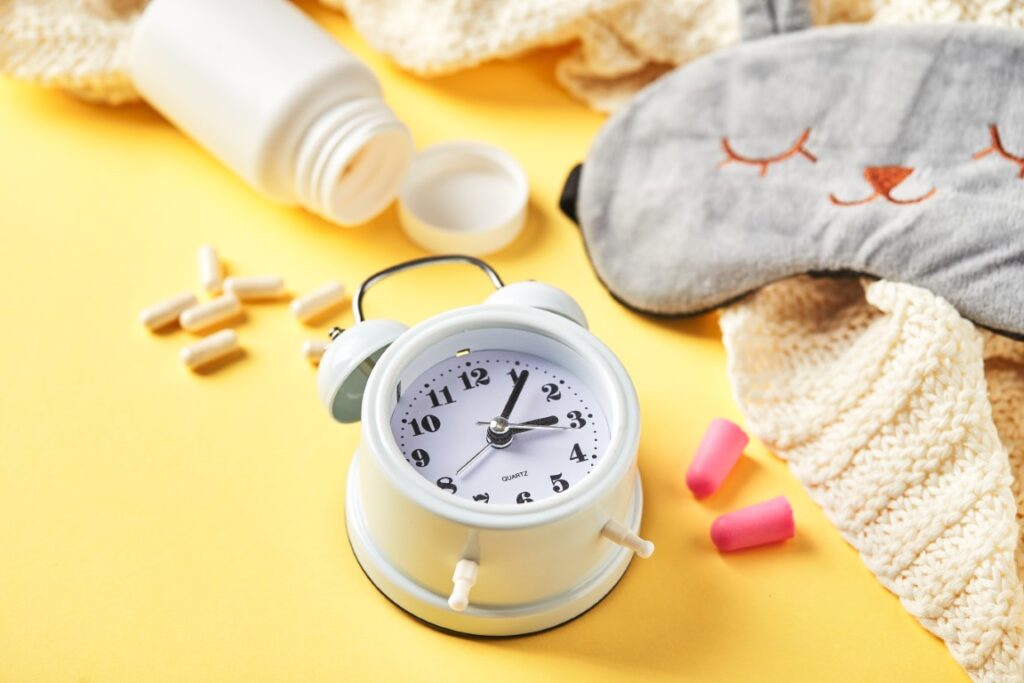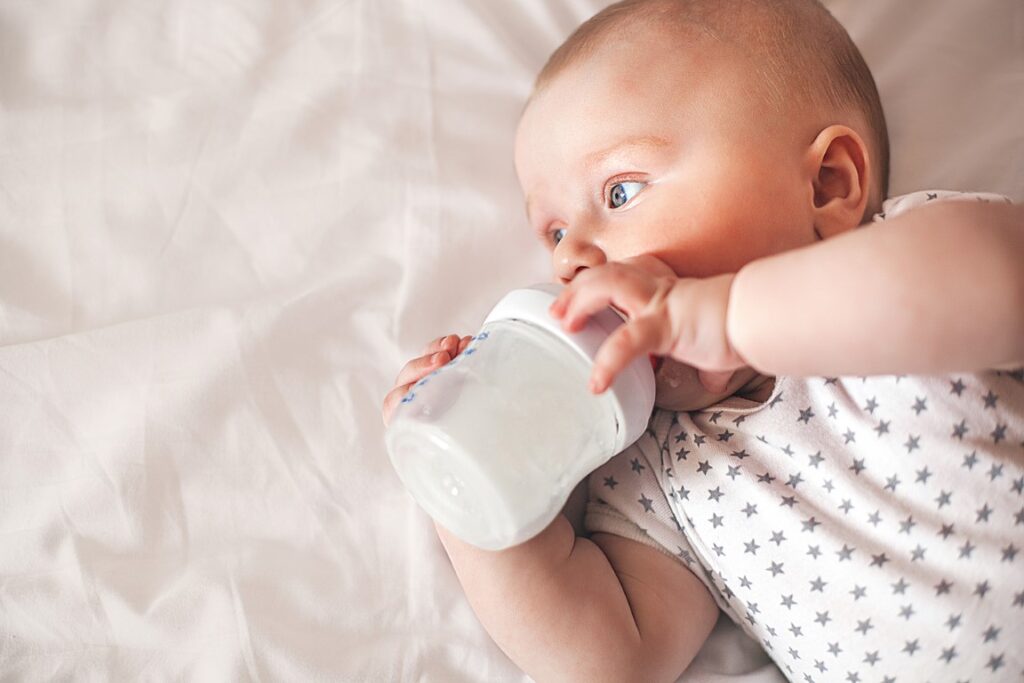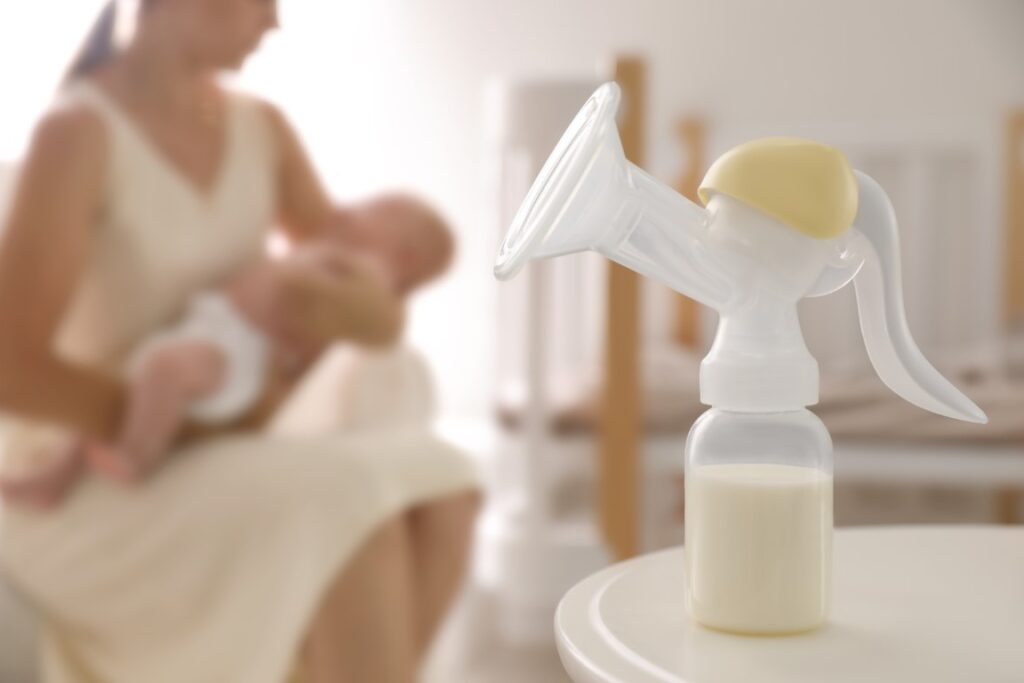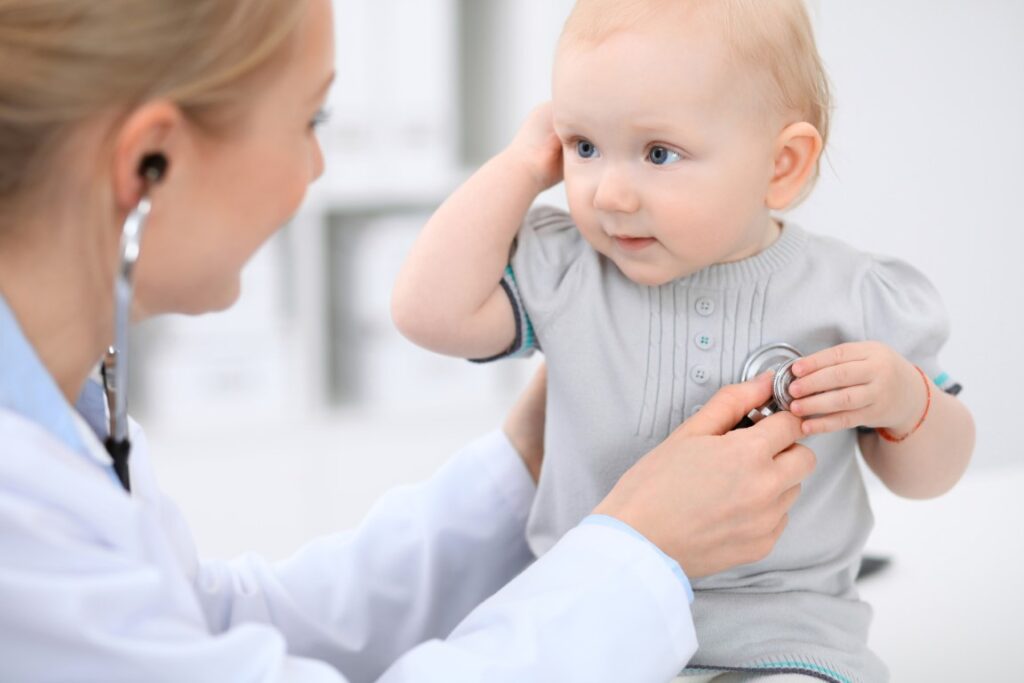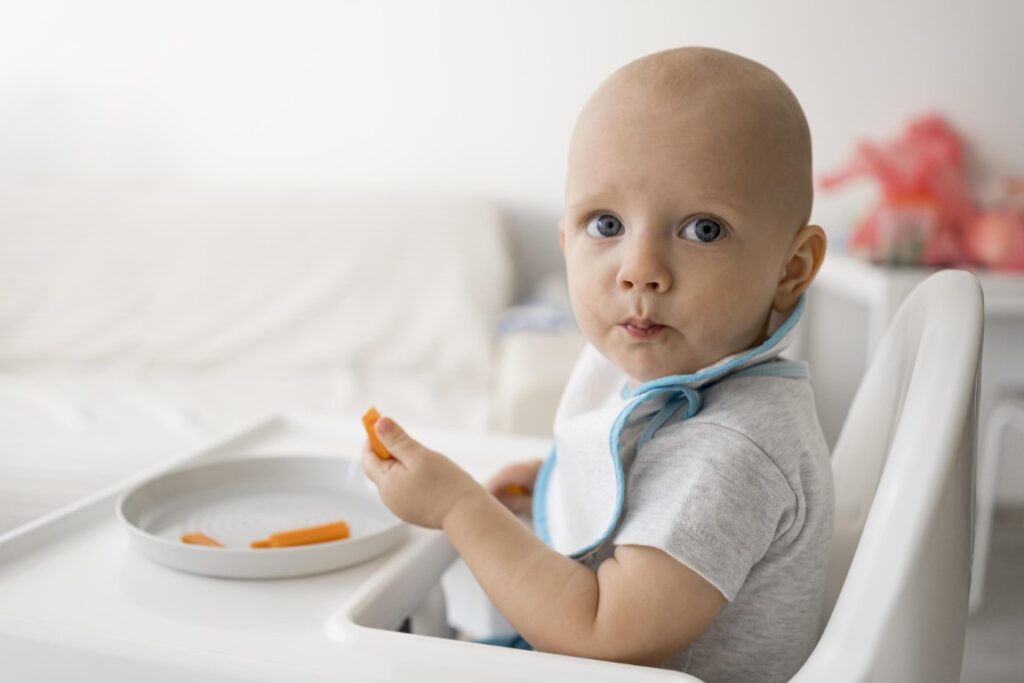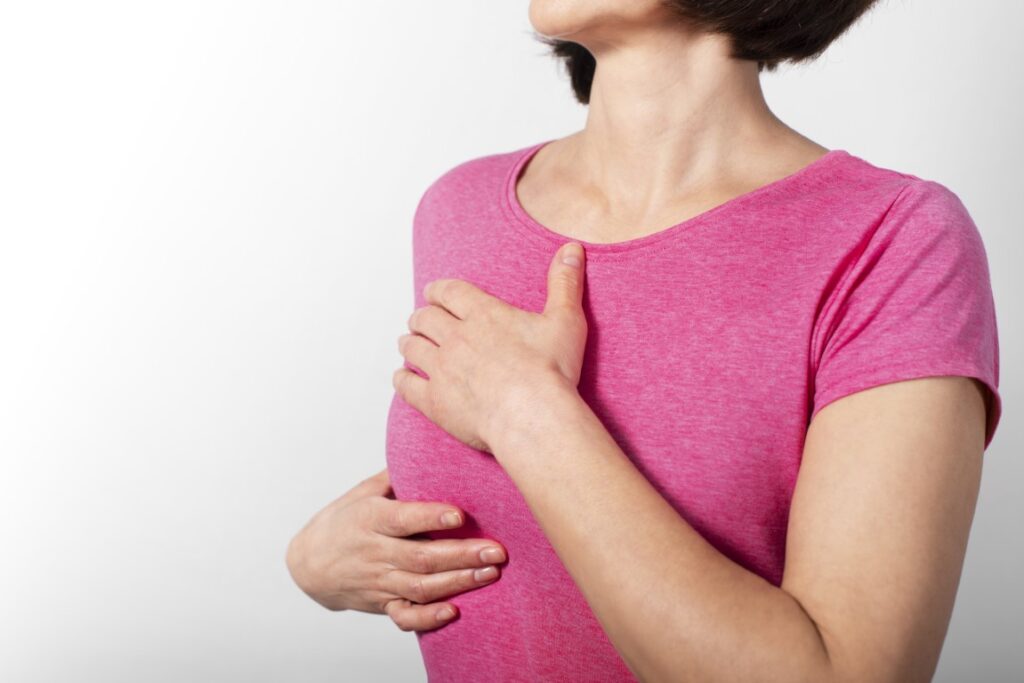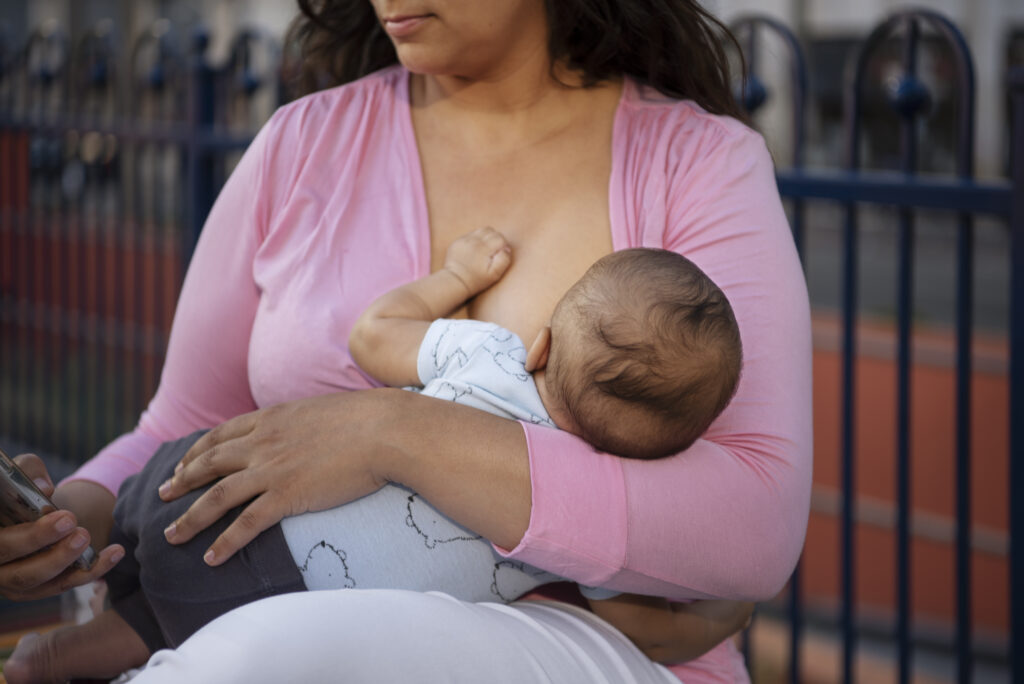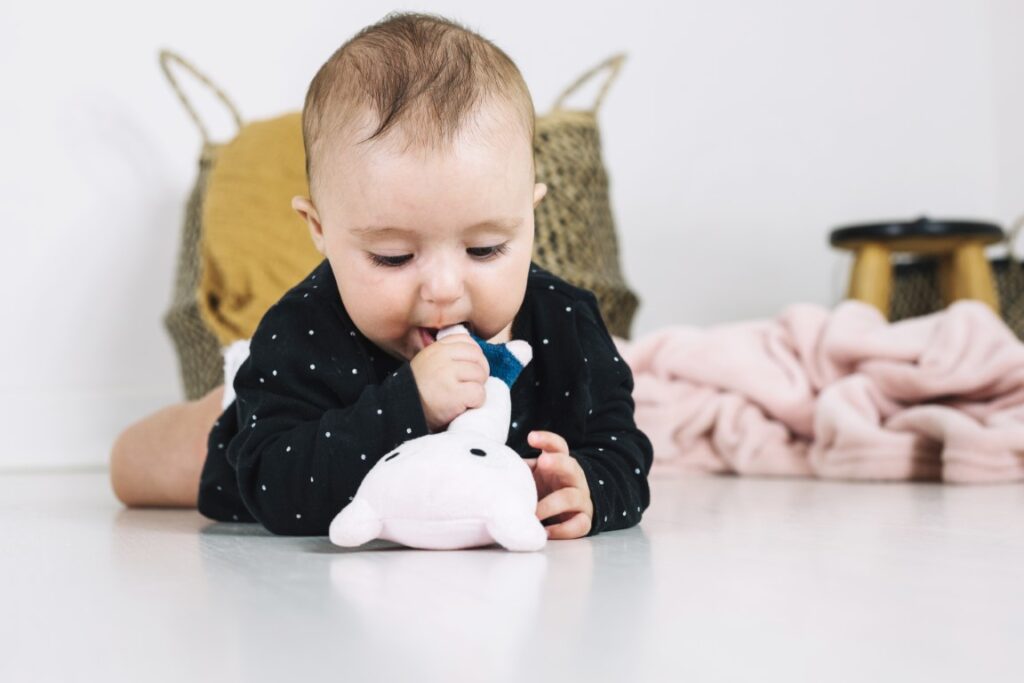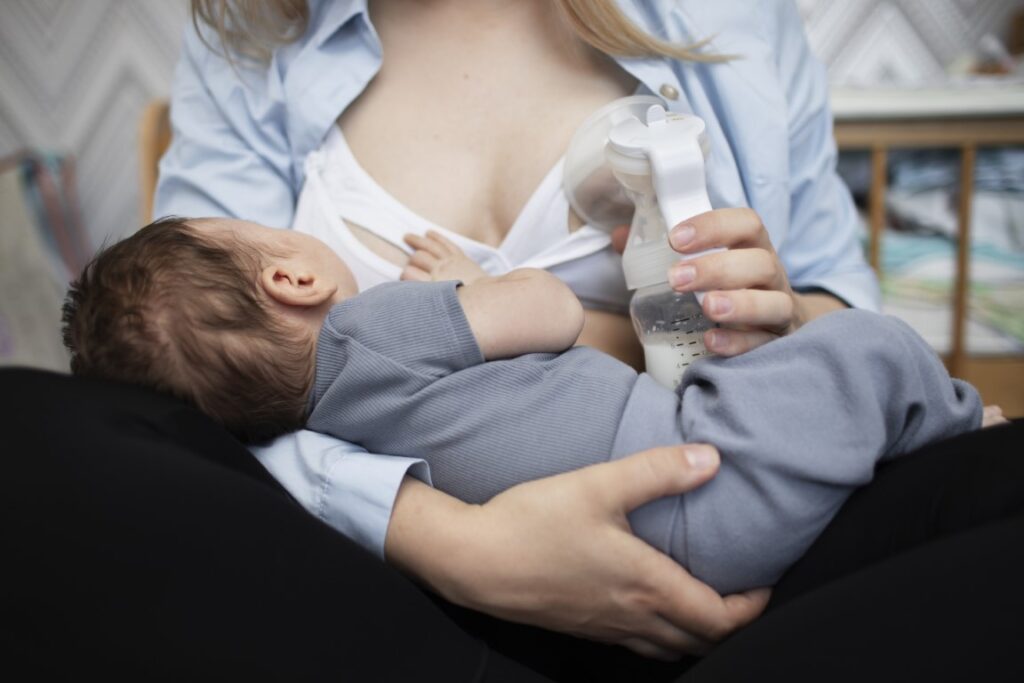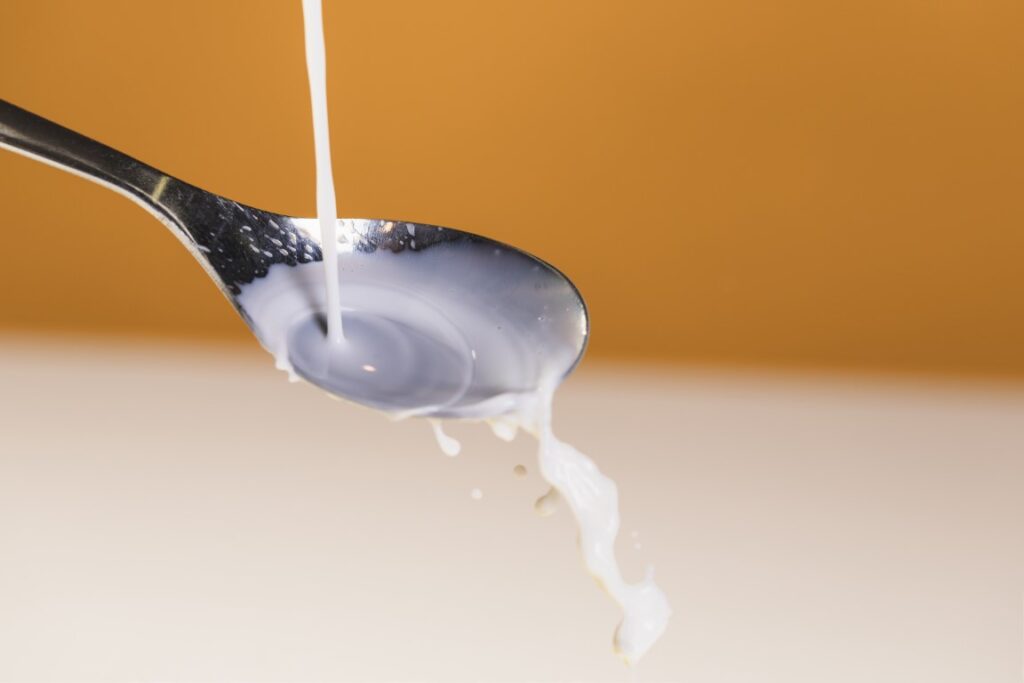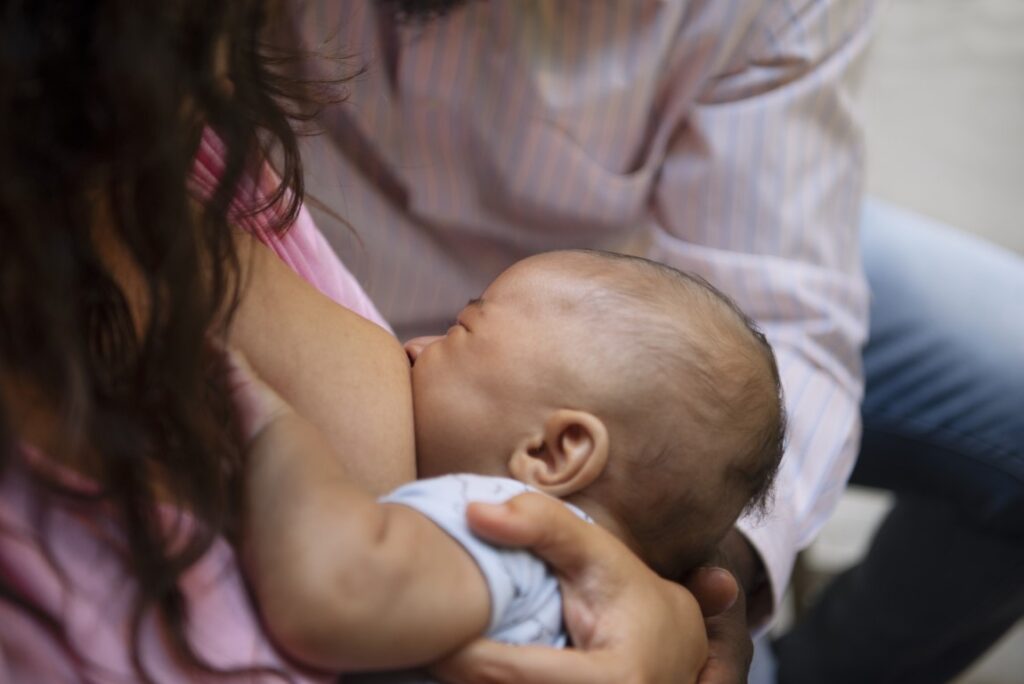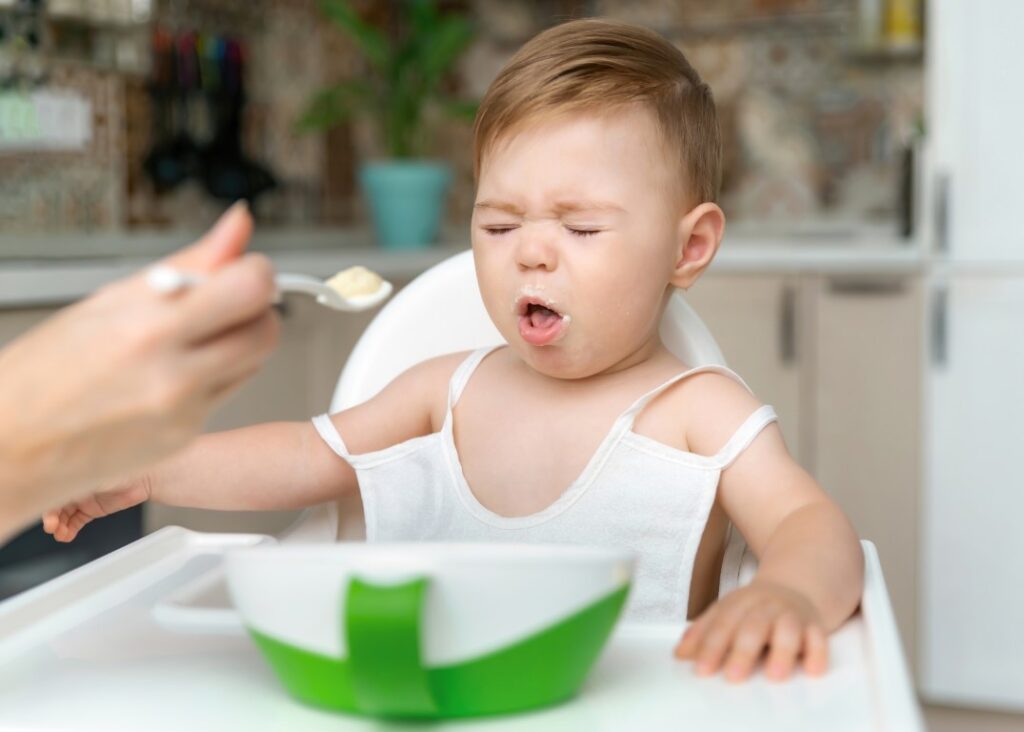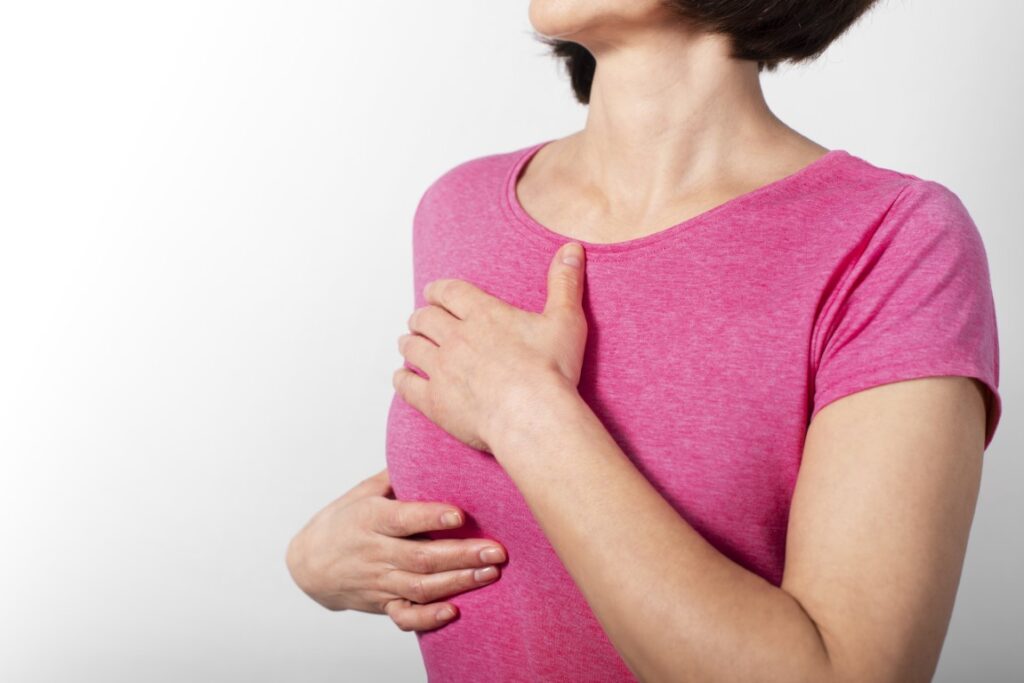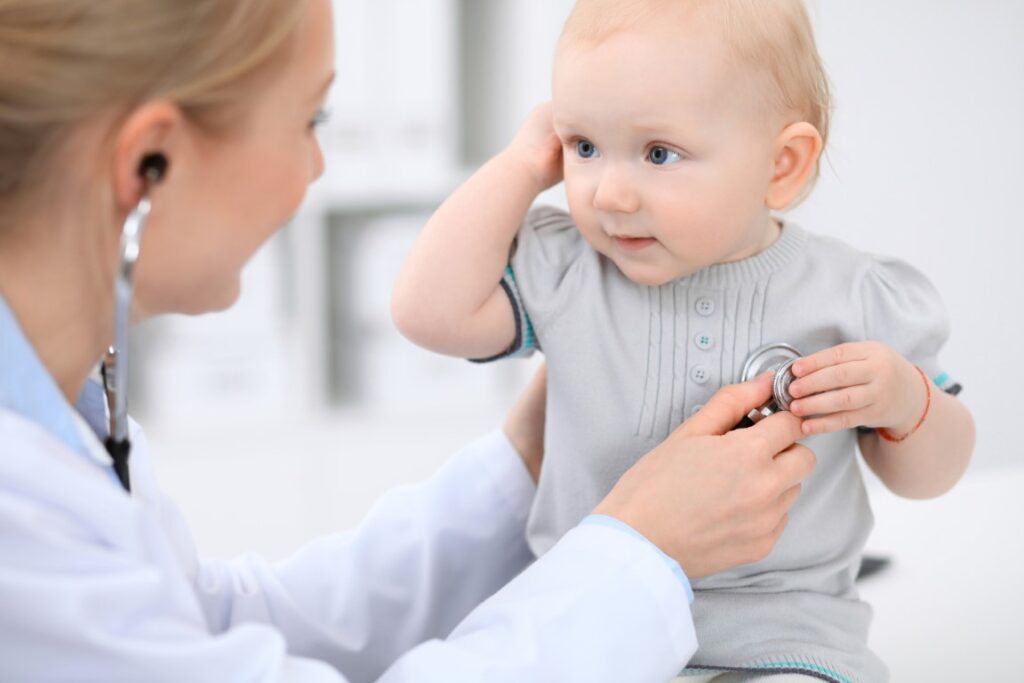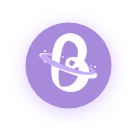Do you require more calories when breastfeeding?
To provide you the energy and nourishment you need to produce milk, you may need to consume a little bit more each day, or approximately an extra 330 to 400 calories.
Choose foods that are nutrient-rich to receive these extra calories, such as 8 ounces (227 grams) of yogurt, a medium banana or apple, and a piece of whole-grain bread with a tablespoon (or 16 grams) of peanut butter.
What meals should you consume when breastfeeding?
Make an effort to choose nutritious options to support your milk production. Choose protein-rich meals including lean meat, eggs, dairy, beans, lentils, and mercury-free seafood. Choose a range of fruits, vegetables, and whole grains.
The flavor of your breast milk will alter if you eat a variety of foods while nursing. Your baby will be exposed to a variety of flavors as a result, which may make it easier for them to take solid meals in the future.
Your doctor may tell you to keep taking a multivitamin and mineral supplement every day until you stop breastfeeding your baby. This will make sure that both you and your baby get all the vitamins you need.
How much liquid should you drink while breastfeeding?
When you are thirsty, drink something, and if your pee looks dark yellow, drink more. Every time you breastfeed, you could sip on a glass of water or another beverage.
Juices and sweet drinks should be avoided, though. Too much sugar might cause weight gain or thwart your attempts to shed pregnancy pounds. Caffeine abuse might also cause problems. No more than 2 to 3 cups (16 to 24 ounces) of caffeinated beverages should be consumed each day. Your infant may become agitated or have trouble falling asleep if there is caffeine in your breast milk.
What about breastfeeding with a vegetarian diet?
If you’re a vegetarian, it’s especially important to find meals that give you all the nutrients you need. For instance:
Choose foods that are high in calcium, protein, and iron. Legumes, fortified cereals, leafy green vegetables, peas, and dried fruit like raisins are all excellent sources of iron. Consume iron-rich meals along with foods high in vitamin C, such as citrus fruits, to aid your body’s absorption of iron.
Consider plant sources of protein such as soy products, meat alternatives, beans, lentils, nuts, seeds, and whole grains. Dairy and eggs are further choices.
Dark green vegetables and dairy products are excellent providers of calcium. Products with added calcium, such as drinks, cereals, soy milk, soy yogurt, and tofu, are other alternatives.
Think of vitamins. Most likely, your doctor would advise taking a daily vitamin B-12 supplement. Although vitamin B-12 is almost entirely present in animal sources, vegetarian diets often fall short of meeting their needs. If you don’t consume fish, you could think about discussing taking an omega-3 supplement with your doctor.
You may require vitamin D pills if you don’t consume enough vitamin D-fortified foods, such as cow’s milk and some cereals, and you get little sun exposure. In order to absorb calcium and phosphorus, your infant requires vitamin D. Lack of vitamin D is the main cause of rickets, which causes weak and soft bones. If you are also giving your infant a vitamin D supplement, let your doctor and your baby’s doctor know.
Foods to avoid while breastfeeding
When you are breastfeeding, you should be cautious when consuming certain foods and beverages. For instance:
a. Alcohol
There is no amount of alcohol in breast milk that is deemed safe for a newborn. If you drink, wait to breastfeed until your breast milk is fully alcohol-free. Depending on your body weight, this usually takes two to three hours for 12 ounces (355 milliliters) of 5% beer, 5 ounces (148 milliliters) of 11% wine, or 1.5 ounces (44 milliliters) of 40% booze. Consider pumping milk to feed your baby later before you indulge in alcohol.
b. Caffeine
Avoid consuming more caffeinated beverages than 2 to 3 cups (16 to 24 ounces) per day. Your infant may become agitated or have trouble falling asleep if there is caffeine in your breast milk.
Fish
Omega-3 fatty acids and protein may both be found in seafood in large amounts. Yet, the majority of seafood includes pollutants like mercury. If a baby gets a lot of mercury from breast milk, it could hurt his or her brain as it grows. To keep your baby from getting too much mercury, don’t eat fish like swordfish, king mackerel, and tilefish.
Could your baby’s fussiness or allergic reaction be related to your diet?
If you eat or drink certain things, your baby may have an allergic reaction or feel uncomfortable. See your baby’s healthcare professional if your infant starts to fuss, breaks out in a rash, has diarrhea, or starts wheezing soon after breastfeeding.
Avoid the food or drink for up to a week if you think something in your diet may be impacting your baby, and observe any changes in your baby’s behavior. Avoiding some foods, such as cabbage, garlic, and onions, may be beneficial.
Keep in mind that you don’t need to follow a specific diet while you’re breastfeeding. You and your baby will benefit from making healthy decisions.

